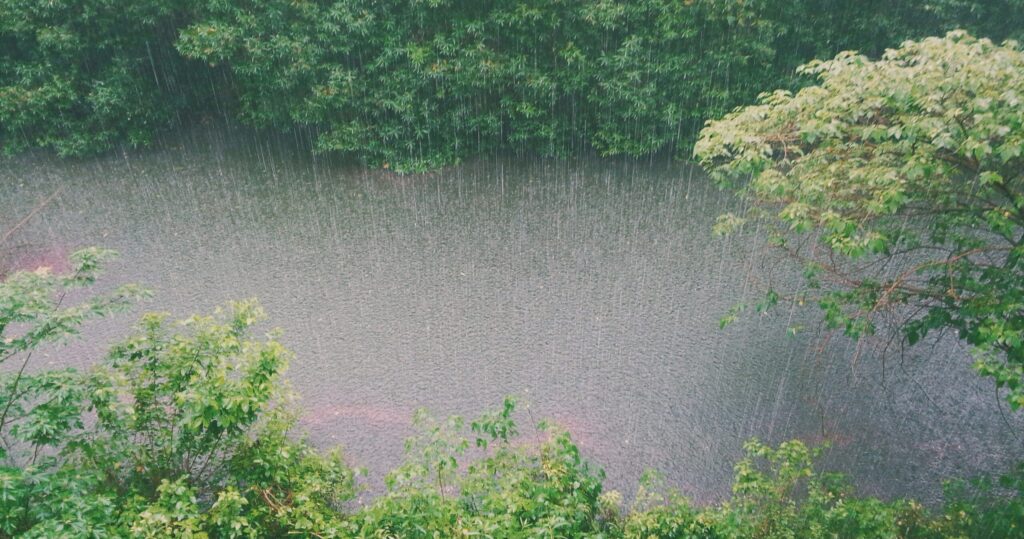Speaking of Trump, and of people claiming to follow the science while stampeding the other way, the New York Times howls “U.S. Government to Stop Tracking the Costs of Extreme Weather/ It would be harder for insurers and scientists to study wildfires, storms and other ‘billion dollar disasters,’ which are growing more frequent as the planet warms.” Now some sardonic types might say it shouldn’t be that hard to notice a “billion dollar disaster” even without bureaucratic help. But the irony is that it’s actually apparently very hard to do so even with such help. In a piece “RIP NOAA’s Billion Dollar Disasters/ The curious end to a troubled tabulation” Roger Pielke Jr. reminds us that, in fact, this iconic piece of misinformation was discontinued in large part because critics, most notably one Roger Pielke Jr., had tirelessly exposed (in the scientific literature no less) the sloppy statistical mishandling of the numbers to exaggerate problems that made the measure worse than useless. On top of which wildfires and storms are not growing more frequent, if you mean statistically not rhetorically. But how could the Times know if… uh… hang on…
In fact the Times piece does what journalists usually do nowadays, which is to substitute abuse for analysis, commitment for curiosity and repetition for research. Their piece does not once mention that experts have legitimate concerns about this data. Instead:
“It’s the latest effort from the Trump administration to restrict or eliminate climate research.”
Boo. Hiss. Down with Trump. Up with activists and politicians we agree with:
“Researchers and lawmakers criticized Thursday’s decision. Jesse M. Keenan, associate professor and director of the Center on Climate Change and Urbanism at Tulane University in New Orleans, said ending the data collection would cripple efforts by federal and state governments to set budgets or make decisions on investment in infrastructure.”
Yeah? Wanna bet? Or will federal and state governments go right on setting budgets and making decisions on investments in infrastructure and nobody, including the writer’s editor, will care that they said something that was not only untrue but ridiculous? And that the sources for this piece were a balanced collection including “Senator Ed Markey, Democrat of Massachusetts” and “Virginia Iglesias, a climate researcher at the University of Colorado”, the latter of whom obligingly told them:
“It’s one of the most consistent and trusted records of climate-related economic loss in the country. The power of the database lies in its credibility.”
Which it does not have. The piece thinks otherwise:
“So-called billion-dollar disasters – those with costs that balloon to 10 figures or more – have been increasing over time. In the 1980s, when the record begins, there were just over three per year, on average, when adjusted for inflation. For the period from 2020 to 2024, the average was 23 per year.”
They don’t even seem to be skeptical about the power of government to be wise and fair:
“Other institutions or agencies would likely be unable to duplicate the data collection because it includes proprietary insurance information that companies are cautious to share, Ms. Sikorsky said. ‘It’s a pretty unique contribution.’”
And since Ms. Sikorsky is “Erin Sikorsky, the director of The Center for Climate and Security” clearly the Times has been scrupulous about bringing readers one side of the story. They didn’t ask anyone whether you could learn about a billion-dollar disaster from, say, a newspaper even if the government were busy elsewhere. Or where NOAA currently got its information though one of Pielke Jr.’s key criticisms, and all they had to do was Google, is precisely that NOAA is entirely opaque as to where it gets its numbers, and unforthcoming about how it then manipulates them.



The average annual price increase of real estate has been 7% over the last several decades. infrastructure even more so. Within a few more decades trillion dollar weather events will be the norm, that is, unless we're willing to tolerate zero economic growth.
As this article is all about Trump it’s pertinent to mention that the guy who did the legwork on this, Roger Pielkie, is definitely not a Trump fan.